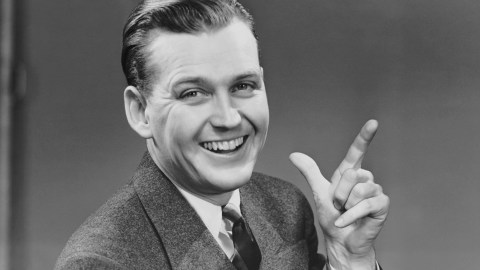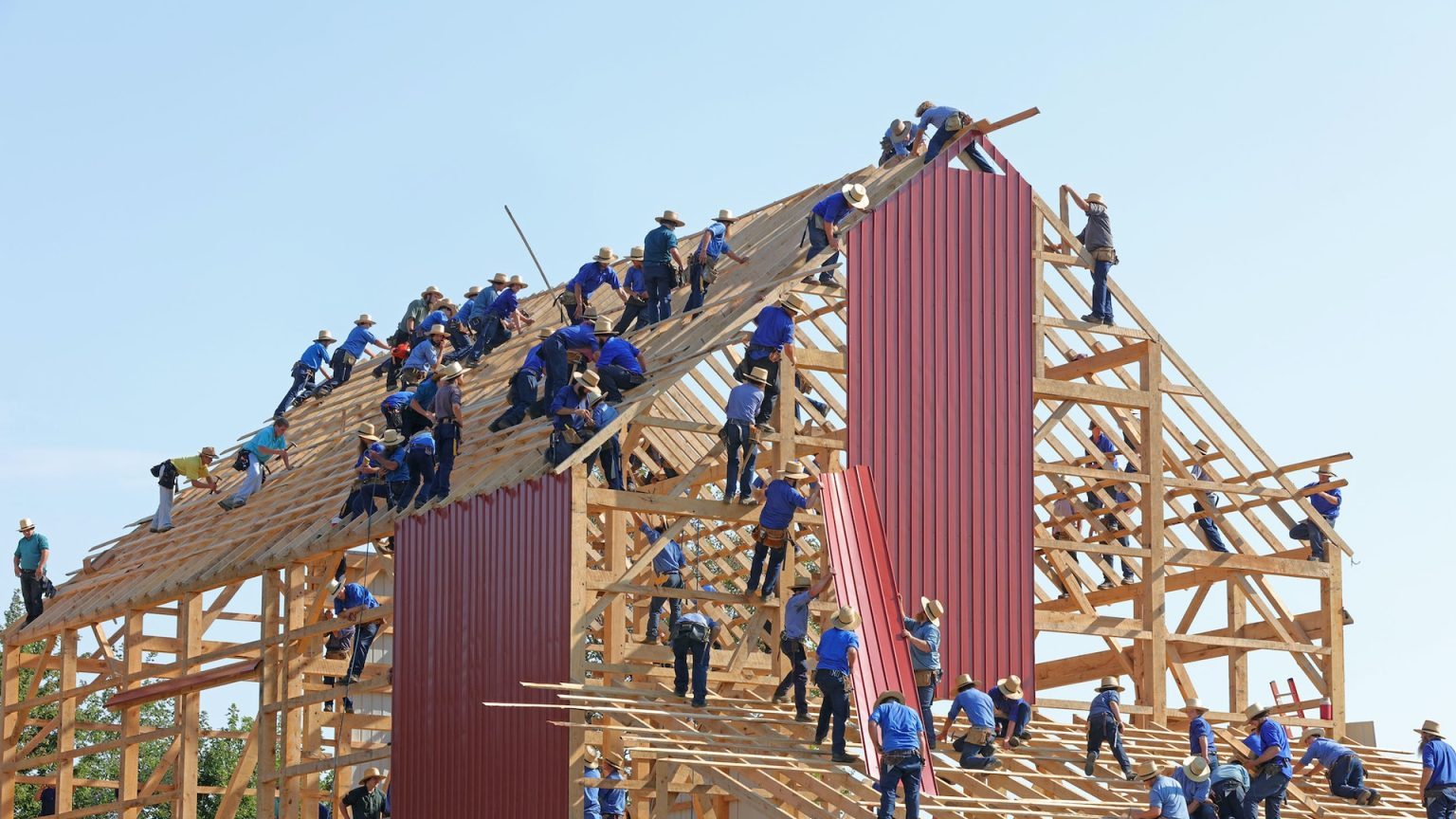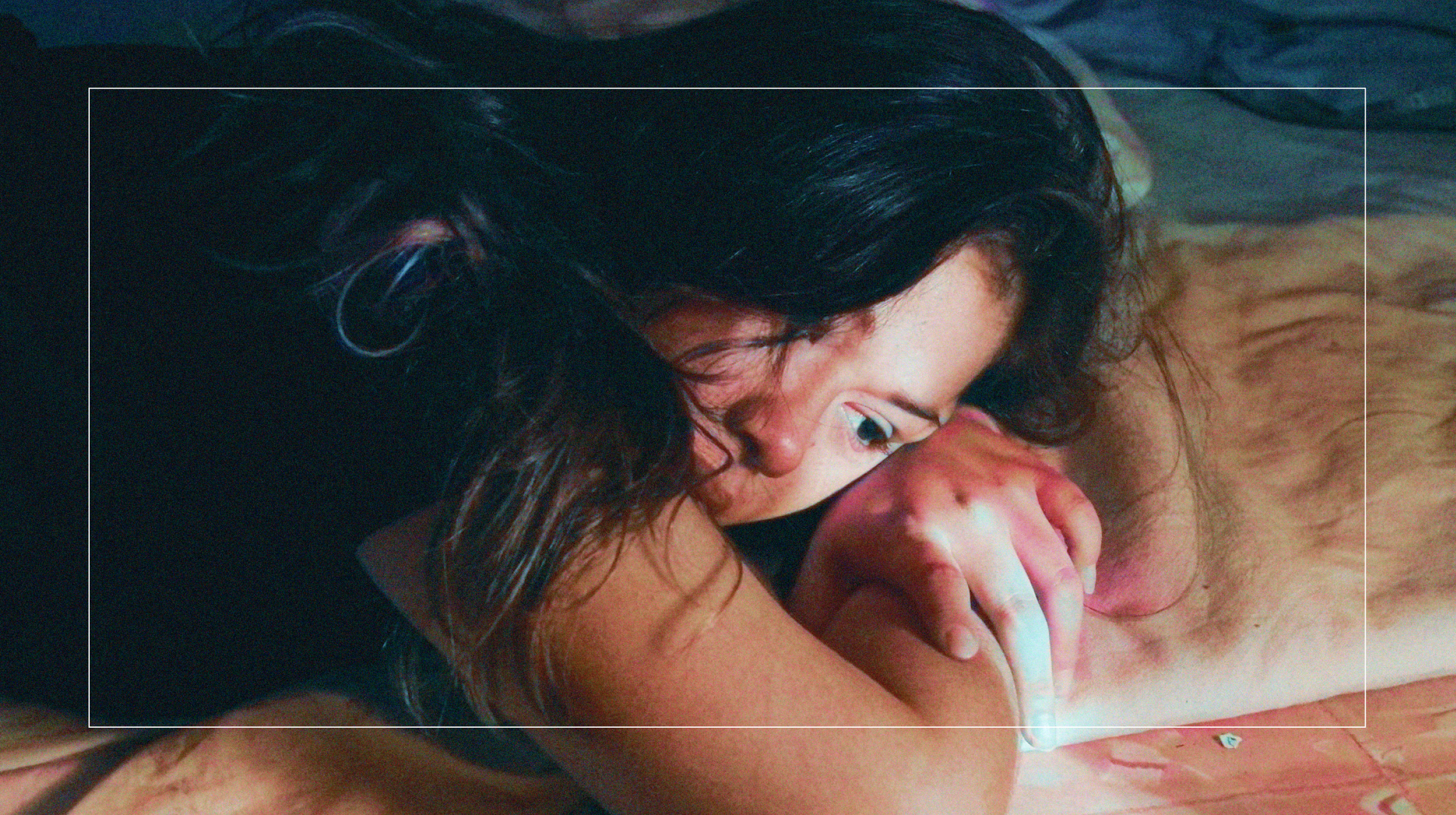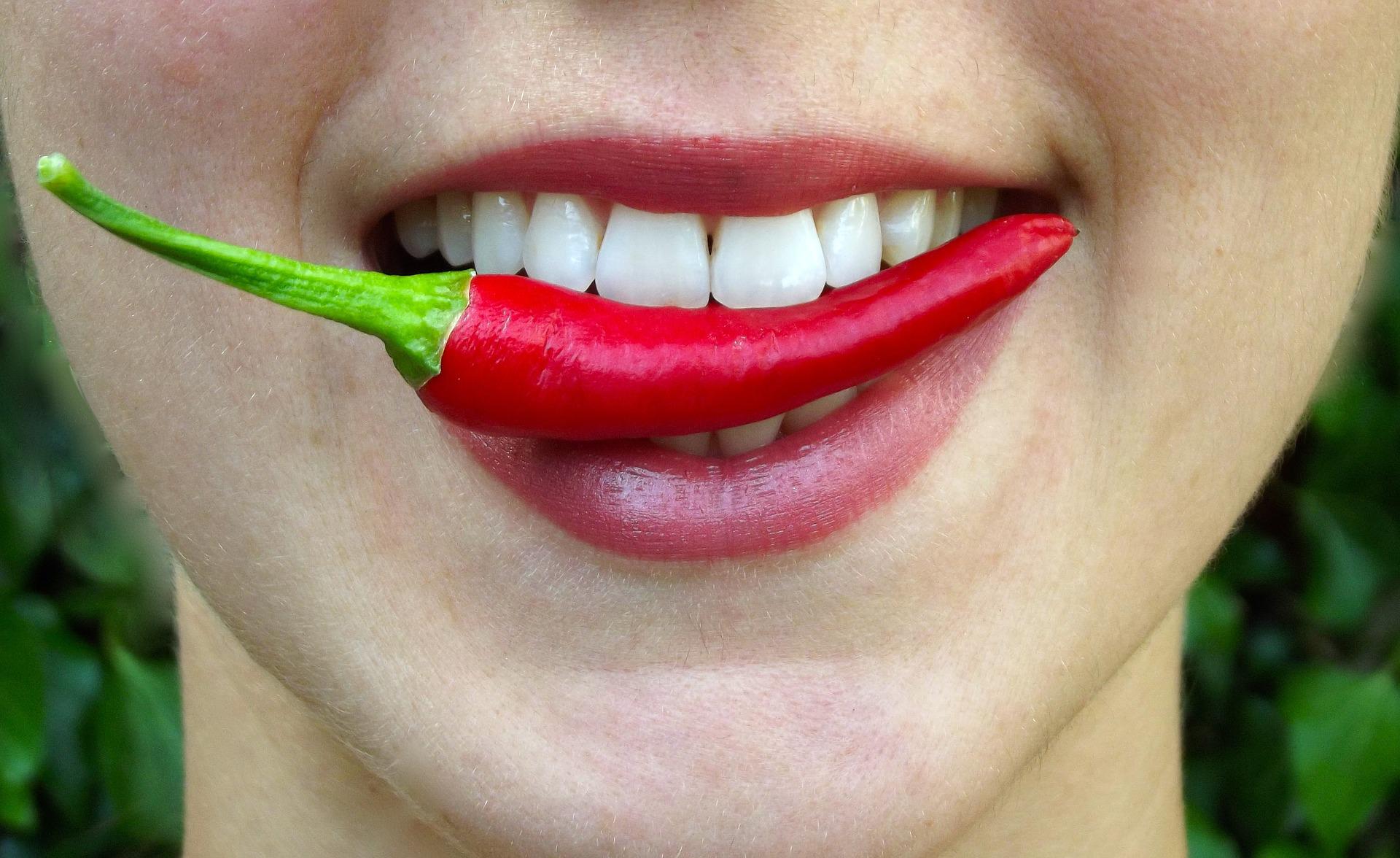Why people love to hate on do-gooders, especially at work

Some people are just so super-helpful, generous and do so much good that we can’t help but hate them a little bit for it. Such is the conclusion of a new study from the University of Guelph.
The hate is especially true in work or other competitive situations. However nice they might be, people often just don’t like the really good guys.
Psychology professor Pat Barclay, who conducted the study with the undergraduate student Aleta Pleasant, thinks that negative sentiment towards such over-achievers is actually quite common and can be found in every culture.
“Most of the time we like the cooperators, the good guys,” said Barclay. “We like it when the bad guys get their comeuppance, and when non-cooperators are punished. But some of the time, cooperators are the ones that get punished. People will hate on the really good guys. This pattern has been found in every culture in which it has been looked at.”
One reason people might want these great workers to fail is to look better themselves. You know you might not appear as good to your boss next to someone who is over-productive and amazingly nice.
The researchers concluded that cooperative behavior was most often punished in groups where members were competing with each other. This held true even if punishing or somehow taking down the do-gooder a notch would make things worse for the whole group. People still wanted the cooperator to get his or her comeuppance.
On the other hand, if you removed the factor of competition, overall cooperation increased.
Such behavior is essentially human nature, contends Barclay. We are generally suspicious and unwelcoming towards those who appear to be better or holier than we are.
“You can imagine within an organization today the attitude, ‘Hey, you’re working too hard and making the rest of us look bad,’ said Barclay. “In some organizations people are known for policing how hard others work, to make sure no one is raising the bar from what is expected.”
The professor thinks the same kind of logic is used by some people to not protect the environment since doing so requires cooperation on both an individual and group level. Some people who don’t do anything for the environment choose to attack environmentalists instead.
“It is a way of bringing those people back down, and stopping them from looking better than oneself in their attempts to protect the environment or address social inequality,” he added.
You can check out the study published in Psychological Science.





